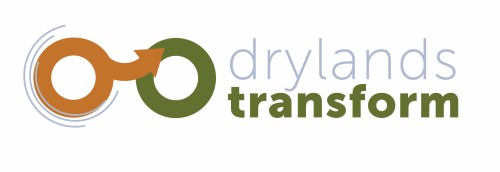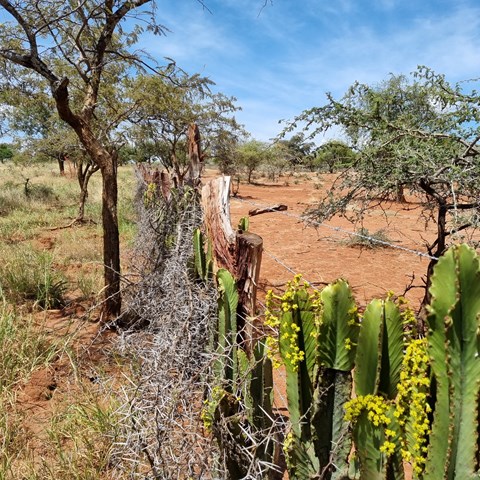News
The work of Drylands Transform, an SLU led project in the border region of Kenya and Uganda, is now being spread further. In close connection to the project's annual meeting, one of the partners, Intergovermental Authority for Development (IGAD) released their Resilience Focus Magazine #8 where Drylands Transform had been featured this time. Some of the project progress and lessons learnt can be found there.
The article concluded with some lessons learnt;
- Even the most severely degraded land can be restored through regenerative approaches involving water harvesting and increasing
organic matter in the soil, while involving the local people.
- Prevalence of malnutrition is very high in Karamoja region for both children under 5 years and women. Local and national governments,
practioners and researchers need to work together and come up with ways of building sustainable food and nutiritional resilience through landscape scale land restoration approaches.
- Promotion of high crop diversity kitchen gardens established through regernerative approaches is an appropriate approach for enhancing food and nutrition resilience in the drylands.

Drylands Transform
Drylands Transform (DT) is a research project led by the Swedish University of Agricultural Sciences (SLU) in partnership with an interdisciplinary team from the Intergovernmental Authority on Development (IGAD), Linnaeus University, Makerere University, Umeå University, University of Gothenburg, University of Nairobi, and World Agroforestry (ICRAF).
Visit the website for Drylands Transform.

